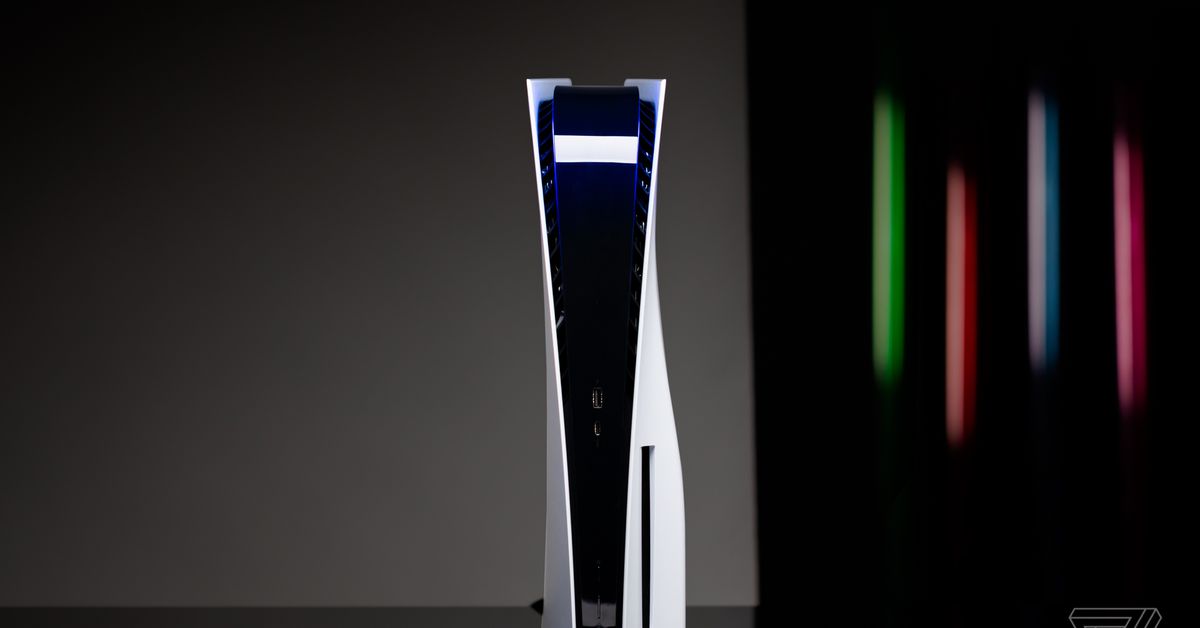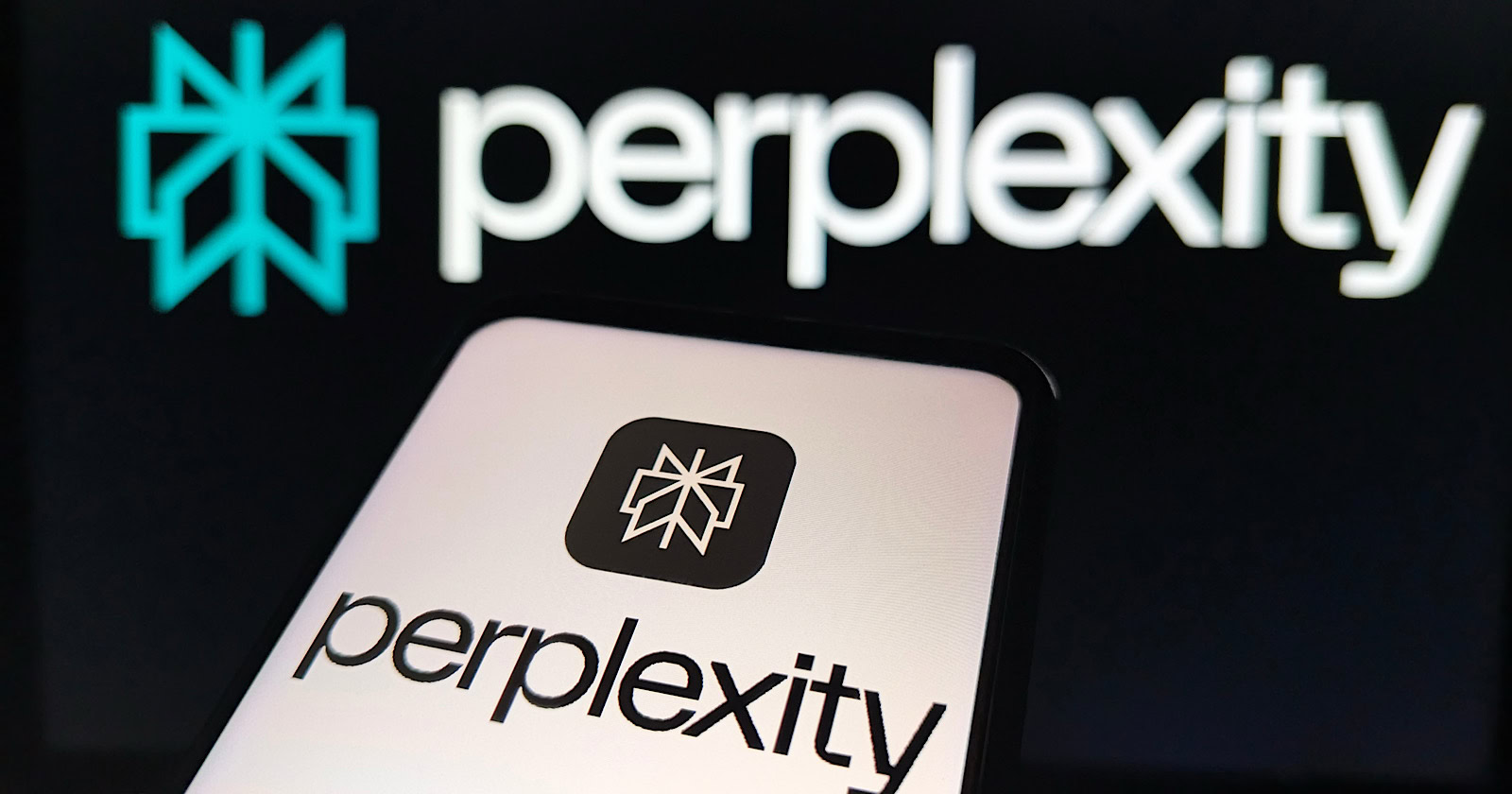The best smartphone you can buy for under $500
You can get a great device for less than $500 these days if you know how to pick your priorities. | Image: The VergeYou can’t have everything at this price, but you can get a great smartphone. Whether you...
/cdn.vox-cdn.com/uploads/chorus_asset/file/24222843/226422_K_Radtke_budget_phone_buying_guide.jpg)
Some of us take a kind of “I eat to live” rather than an “I live to eat” approach to gadgets. They’re tools that help you get things done, not something you want to invest a lot of time or money in. If that’s you — and there’s no judgment here from a certifiable gadget nerd — then you can probably think of more worthwhile ways to spend $1,000 than on a phone.
Budget phones to the rescue. These devices are roughly $500 or under, and they’re more capable than ever before. You won’t get all the bells and whistles, but you will save a little money to spend on, I don’t know, actual bells and whistles. It’s your world.
What I’m looking for
Strong software support
At least a couple of years of OS upgrades and, ideally, three years of security updates. There’s no point in buying even a cheap phone if you have to replace it after just a couple of years because it stopped getting security patches.
A good screen
Since you look at it roughly two thousand times a day, your phone’s screen is one place you shouldn’t compromise. An OLED has richer contrast and color than an LCD, and the big screens on today’s phones really need at least a 1080p resolution. Faster refresh rates like 90Hz and even 120Hz are becoming more common on budget phone screens, but for my money, a smooth-scrolling LCD doesn’t look as nice as an OLED with a standard refresh rate.
Serviceable storage space
If you plan to hang onto your phone for a while, you’ll want enough storage space to accommodate all the system files, photos, and videos you’ll accumulate over the years. Ideally you’ll get at least 128GB built in, but at a minimum I look for 64GB with the option to expand space via a MicroSD card.
One good rear camera, not four mediocre ones
Upgrades like telephoto cameras and optical image stabilization are rare in the under-$500 class, but you can still expect good, basic performance in good lighting from any modern smartphone. Low light is trickier. Phones in this class should offer a night mode to help with non-moving subjects in very dim light. And there are no bonus points awarded for adding extra macro and depth cameras to pad out the rear camera array — those 2- and 5-megapixel sensors are pretty much useless.
Many of our picks run about $400 or $500, but there are great options for $300 and under, too. You can find a bright, high-definition OLED screen or a battery that lasts for days. If you can hone in on the one or two features that are most important to you and you’re willing to compromise elsewhere, you can get a phone that suits your needs for half the price of a flagship.
What compromises can you expect from a budget phone? Some combination of the following: slower processors, less storage, and lousier cameras than flagship phones, almost across the board. Many have lower-resolution screens, and most lack official water-resistance ratings, wireless charging, and NFC chips for contactless payment.
The best iPhone under $500
$425
The 2022 iPhone SE will last for over five years if it’s taken care of thanks to Apple’s excellent track record of offering iOS updates to older devices. But its tiny 4.7-inch screen feels cramped now and may be tough to use in five years’ time while apps and webpages continue to be designed for bigger screens. Read our review.
Screen: 4.7-inch, 1334p LCD / Processor: A15 Bionic Cameras: 12-megapixel f/1.8 with OIS, seven-megapixel selfie / Charging: 20W wired, 7.5W wireless / Weather-resistance rating: IP67
If your budget has a strict $500 cap and you’re looking for a new iPhone, the choice is easy. The 2022 iPhone SE is the only new iPhone under $500. It’s the least expensive way to get into the iOS ecosystem and it’ll do the job, but I would strongly encourage anyone looking at the SE to consider whether it’s doable to spend a bit more on an iPhone 13, now priced at $599.
The important thing to know about the SE is that it comes with a very small, very dated 4.7-inch screen. It’s the same size as the one on the iPhone 6, and it’s starting to feel cramped in an age when apps and web pages are designed for bigger screens. The SE’s big bezels make the device look dated, too, but the usability of a small screen will be a bigger factor over the years to come.
Photo by Allison Johnson / The Verge
That’s the biggest knock against the SE — and it’s an important one. But if you’re not worried about a cramped screen, then the SE has a lot of upsides. Its A15 processor is the same as the one in the iPhone 13 Pro Max, so performance is very good.
There’s IP67 waterproofing and wireless charging — both uncommon in this price range — and even though it uses an older 12-megapixel camera, it takes very nice photos and high-quality video clips. The camera has no night mode, which is a curious omission — basically every other midrange phone offers some sort of low-light photo mode, and the phone’s processor is certainly up to the task. Apple gonna Apple.
The best Android phone under $500
Screen: 6.1-inch, 1080p OLED, 90Hz / Processor: Tensor G2 Cameras: 64-megapixel f/1.89 with OIS, 13-megapixel ultrawide, 13-megapixel selfie / Battery: 4,385mAh / Charging: 18W wired, 7.5W wireless / Weather-resistance rating: IP67
The Google Pixel 7A raises the stakes for what you can expect from a midrange phone. At $499, it’s right at the top of what we’d consider “budget” — and a bit more expensive than the $449 Samsung Galaxy A54. But with a class-leading camera and flagship-esque extras like wireless charging, it’s a step ahead of anything else in the midrange bracket.
One of the 7A’s major upgrades is a new 6.1-inch, 90Hz display, which makes animations and scrolling look much smoother than on last year’s 60Hz panel. The 7A uses the same Tensor G2 chipset that’s in the Pixel 7 and 7 Pro coupled with a healthy 8GB of RAM. That translates to excellent performance for day-to-day tasks and even heavy lifts like gaming. The 7A is tougher than your average midranger, too, with an aluminum frame and an IP67 rating for resistance against dust and dunks in water.
Photo by Allison Johnson / The Verge
Battery life is good enough to get through a full day with moderate use, but if you add an extended gaming session, you might need to top it off before bedtime. Wireless charging is available, which is extremely rare in the budget phone class. If you already have a wireless charging habit, then the 7A will fit right into your routine.
The camera is where the Pixel 7A really shines. It’s based around a new 64-megapixel main camera with optical stabilization along with a capable ultrawide. It’s not everything you would get from a flagship camera — no video portrait mode or telephoto lens — but it’s reliable even in dim lighting conditions where competitors like the A54 struggle.
There are plenty of reasons to consider the 7A, but the best reason not to buy one is the Pixel 8A. It hasn’t been confirmed yet by Google, but it’s very likely to be released later this spring. If the 8A comes with the same seven years of software support promised for the Pixel 8 and 8 Pro, that alone would make it worth waiting a little longer.
The best budget phone that performs like a flagship
Screen: 6.78-inch, 1264 x 2780 120Hz OLED / Processor: Snapdragon 8 Gen 2 Cameras: 50-megapixel f/1.8 with OIS, eight-megapixel ultrawide, two-megapixel macro, 16-megapixel selfie / Battery: 5,500mAh / Charging: 80W wired / Weather-resistance rating: IP64
The OnePlus 12R is $500, but it could easily trick you into thinking it costs twice as much. It comes with a very big, very nice screen, with refresh rates that go up to 120Hz and all the way down to 1Hz, making for a smooth scrolling experience when you need it and savings on battery life when you don’t. It’s a feature rarely seen on a phone under $800.
The 12R is equipped with the Snapdragon 8 Gen 2 chipset, which is a generation behind 2024’s processor du jour, the 8 Gen 3. But the 8 Gen 2 still whips — it’s hard to throw anything at this phone that it can’t handle. Less good: the 12R’s IP64 rating, which means it’s splash resistant but not fully water immersible, like the Pixel 7A.
Photo by Allison Johnson / The Verge
Fast charging is kind of OnePlus’ trademark, and the 12R stays true to the brand with up to 80W fast wired charging in the US (it’s up to 100W in other regions). It’s nice if you want to charge your phone on a more compressed schedule, like during your morning routine rather than at night.
Personally, I’d rather have slower wired charging if it meant I could have a feature that’s not present on the 12R: wireless charging. That is, once again, something the Pixel 7A offers. But that’s the beauty of the 12R — it knows what it is and what it isn’t. And if a low-cost phone with a big, high-quality screen and excellent performance is what you’re after, then the 12R is it.
The best phone under $400
Screen: 6.1-inch, 1080p OLED / Processor: Tensor Cameras: 12-megapixel f/1.7 with OIS, eight-megapixel selfie / Battery: 4,410mAh / Charging: 18W wired / Weather-resistance rating: IP67
The Pixel 6A probably isn’t long for this world. It was announced in 2022, Google no longer sells it new, and its successor, the 7A, is due for replacement soon. But the 6A is hanging around at third-party retailers like Amazon, and if you can score one for $300, it’s a heck of a deal. It’s scheduled to get one more OS upgrade and three more years of security updates, which is a decent return on that investment.
The phone’s biggest asset is Tensor, the custom-built chipset Google used in the company’s 2021 flagships, the 6 and 6 Pro. Not only does it enable good overall performance now, but it also means that the 6A will keep up for many years to come. It’s only scheduled to get two more OS version upgrades (Android 14 this fall and 15 next year), but it’ll receive security patches until at least July 2027. The 6A also comes with an IP67 water resistance rating, so it’s still a good all-around bet if you want a budget phone that will last.
The 6A’s 6.1-inch 1080p OLED offers a standard 60Hz refresh rate. It wasn’t too impressive for the phone’s original $449 retail price, but for under $400 it’s one of the better screens out there. Unfortunately, the fingerprint sensor under the display is also on the slow side. It’s not unusable, but it’s noticeably a beat slower than the best fingerprint sensors out there. Then again, so is the one on the 7A.
Photo by Vjeran Pavic / The Verge
The 6A uses the same 12-megapixel standard wide camera as many Pixel phones before it, which is still a very good camera — especially for the midrange class. The phone’s 4,410mAh battery is on the small side, but overall battery performance is better than its size would suggest.
Other budget phones we tested
The 2024 Motorola Moto G Power has all the makings of a good budget phone, including a lovely vegan leather exterior and wireless charging. But it’s loaded with bloatware of the worst kind, and that alone disqualifies it from our recommendations.
We also tested the OnePlus Nord N300, which doesn’t make an appearance among our recommendations. The N300 is very affordable at $228 but cuts too many corners to include fast charging. The slightly pricier N30 that snags our recommendation above is a offers much better overall performance.
If your budget has some wiggle room, there are a couple of $600 phones worth considering that are just outside the scope of this guide. The Samsung Galaxy S23 FE is a late addition to the S23 lineup that offers a telephoto lens and a great screen. And for something quite different, the Nothing Phone 2 is an option with its sleek appearance and flashy interface (literally, it flashes) — just know that it’s not fully compatible with Verizon’s network.
Update April 12th, 5:00PM ET: Removed the Samsung Galaxy A54 5G and the OnePlus N30; added the OnePlus 12R. Added information about the 2024 Motorola Moto G Power.

 ShanonG
ShanonG 































